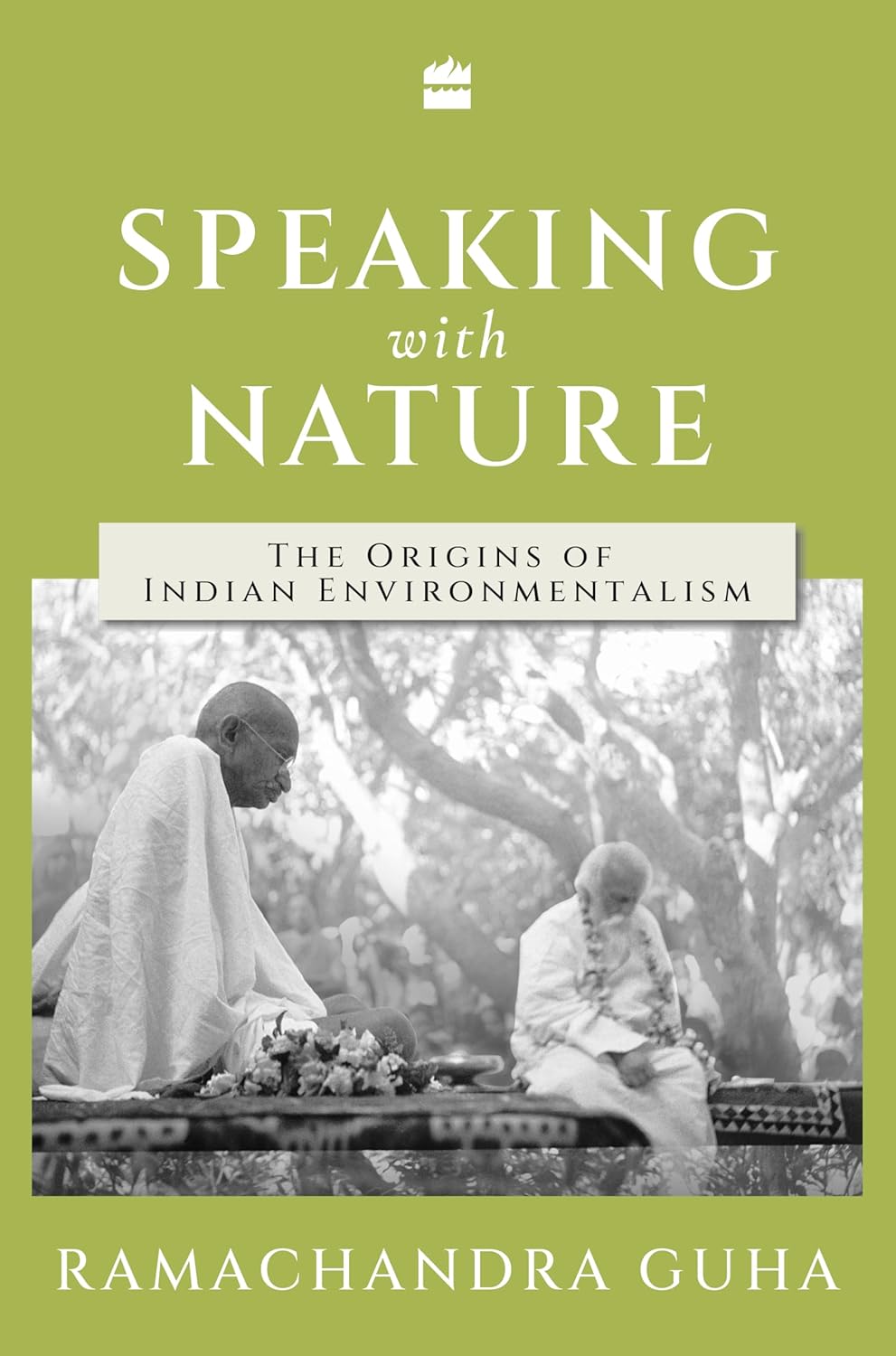"God forbid that India should ever take to industrialization afer the manner of the West. The economic imperialism of a single tiny island kingdom is today keeping the world in chains. If an entire nation of 300 million took to similar economic exploitation, it would strip the world bare like locusts." - Mahatma Gandhi, writing in Dec 1928.
This is by far one the most breathtaking books on Indian Environmentalism and Environmentalists to come in a long time and we should thank Guha for returning to his calling after 30 years. His small book on Indian environmental movements (I am now forgetting the title) was one of the earliest books I had read way back when I got started in this sector. Since then, having moved away to produce probably the largest volume of contemporary narration of history of recent times by any Indian author, he returns with wisdom of age and perspective matured to handle the same subject.
 And what a delightful collection of life stories of 10 of the most remarkable environmentalists and environmentalism that he captures through this amazing book that is difficult to put down once you start reading. I knew the story of JC Kumarappa the best amongst these, I had of course read the story of Tagore earlier as a poet like every Indian school going kid does (I hope they still do), Dharampal had shared a lot about Mira behn with me and Shiv Vishwanath had pointed out Peter Geddes to me and I have also read the Testament by Albert Howard. But to read this collection and get to know others like Rdhakamud Mukherji, Erwin, Krishnan, K M Munshi and others was special.
And what a delightful collection of life stories of 10 of the most remarkable environmentalists and environmentalism that he captures through this amazing book that is difficult to put down once you start reading. I knew the story of JC Kumarappa the best amongst these, I had of course read the story of Tagore earlier as a poet like every Indian school going kid does (I hope they still do), Dharampal had shared a lot about Mira behn with me and Shiv Vishwanath had pointed out Peter Geddes to me and I have also read the Testament by Albert Howard. But to read this collection and get to know others like Rdhakamud Mukherji, Erwin, Krishnan, K M Munshi and others was special.
My experience in working at the village industries in the currently context means engaging in long conversations with village women, herdsmen, tribal leaders, etc., I have always admired their wisdom and convinced that a civilization and society that has emerged over such a long period in history definitely has within itself the capacity to not merely practice environmental responsible governance, but, also articulate it through leaders. This book for me is the first of such. I am sure there are many in the vernacular, unknown to the outside world about whom an entire series can be published. Guha refers to one such in the Epilogue when he talks about the tribal management example in Gadchiroli in Maharashtra. I know several more in Andhra, Tamil Nadu and Karnataka as well and I am sure there are many more elsewhere.
Long before the west set the clock on environmentalist movement, these leaders of Indian (some are not Indians, but, were rooted here) had articulated not just the concerns and concepts, but even terms that are since being used in the modern environmentalism movement elsewhere as we learn from this book. Of course, towering over them is the intuitive philosophical presence of Gandhi, whose quote above appears twice in the book at the beginning and at the end. his concern that if India goes the way of the West will strip the world of its resources also comes with the caveat, that it will further deepen the divisions within India as well. His village industries movement was one of the earliest large scale environmental justice movement in the world and it is yet waiting to be discovered and written from that lense.
Guha true to our times, presents the politics of each one of these thinkers and sometimes I see these as sweeping statements that are belied by the remarkable quotes from each one of them that he has carefully reproduced. While this could be a scholarly limitation, it is pre-requisite in our times for all historians perhaps.
Ram